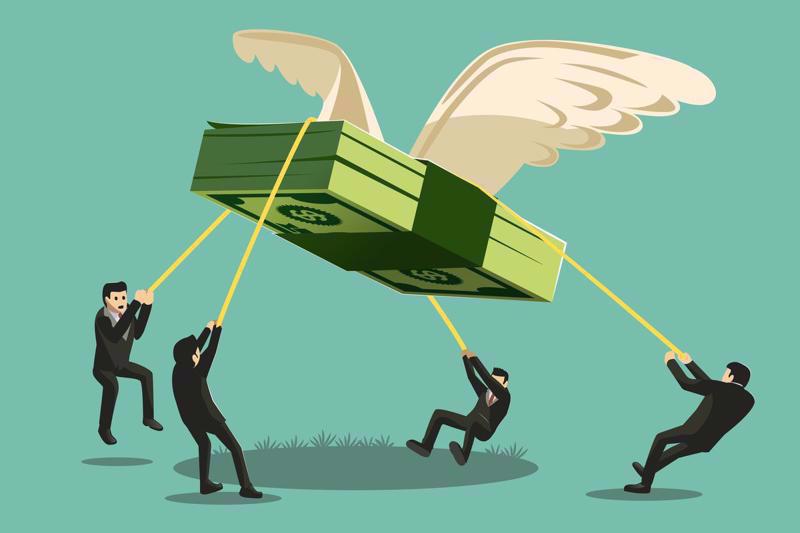The outlook for global economic growth has been assessed in reports from international organizations as facing risks from inflation, and analysts have expressed concern about Vietnam’s economy and offered suggestions on how to address the difficulties.
According to Dr. Nguyen Bich Lam, former Director of the General Statistics Office, although inflation was under control in the opening months of the year, inflationary pressure over the remainder of 2022 and into 2023 will be significant. “There are three main factors putting inflationary pressure on Vietnam’s economy,” he explained.
Firstly, disruptions to supply chains will push up the price of raw materials and imported production inputs, which were already in short supply before the Russia - Ukraine conflict and China adopting a Zero Covid strategy. Secondly, the world oil price has hit a record high and inflation in many countries around the world has peaked. And thirdly, aggregate demand in Vietnam has risen sharply in the context of supply chain disruptions and the introduction of the country’s Socio-Economic Development and Recovery Program, which has funding of VND350 trillion ($15 billion).
Mr. Francois Painchaud, Chief Representative of the International Monetary Fund (IMF) in Vietnam, said that, in the short term, Vietnam needs to adjust its policy support to match the pace of recovery.
“Monetary policy has been appropriately supportive so far but there is a need to be increasingly wary of inflation risks,” he explained. “If inflationary pressure persists, the State Bank of Vietnam should tighten its monetary policy position.”
Dr. Lam added that the government needs to promptly remove any difficulties and obstacles relating to mechanisms, policies, and administrative procedures, and review and remove unreasonable regulations to cut input costs for businesses and create a healthy business environment that promotes aggregate supply and reduces inflationary pressure.









 Google translate
Google translate